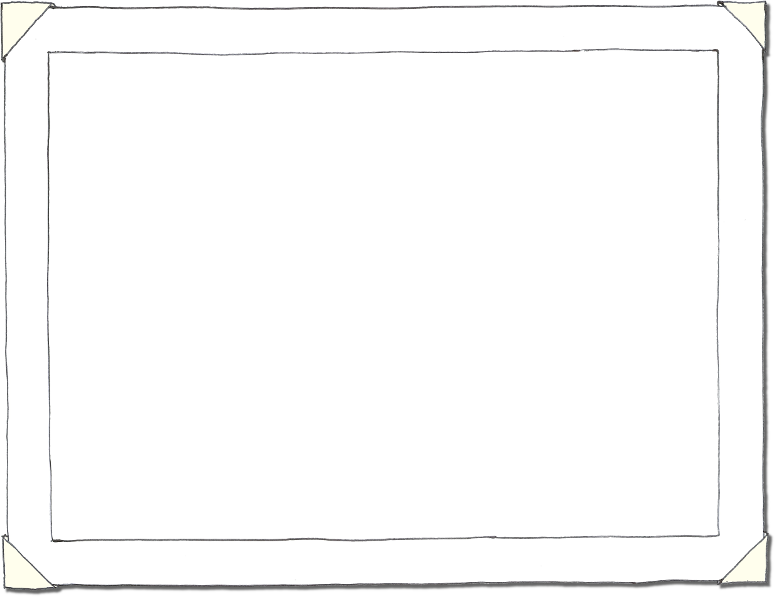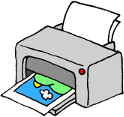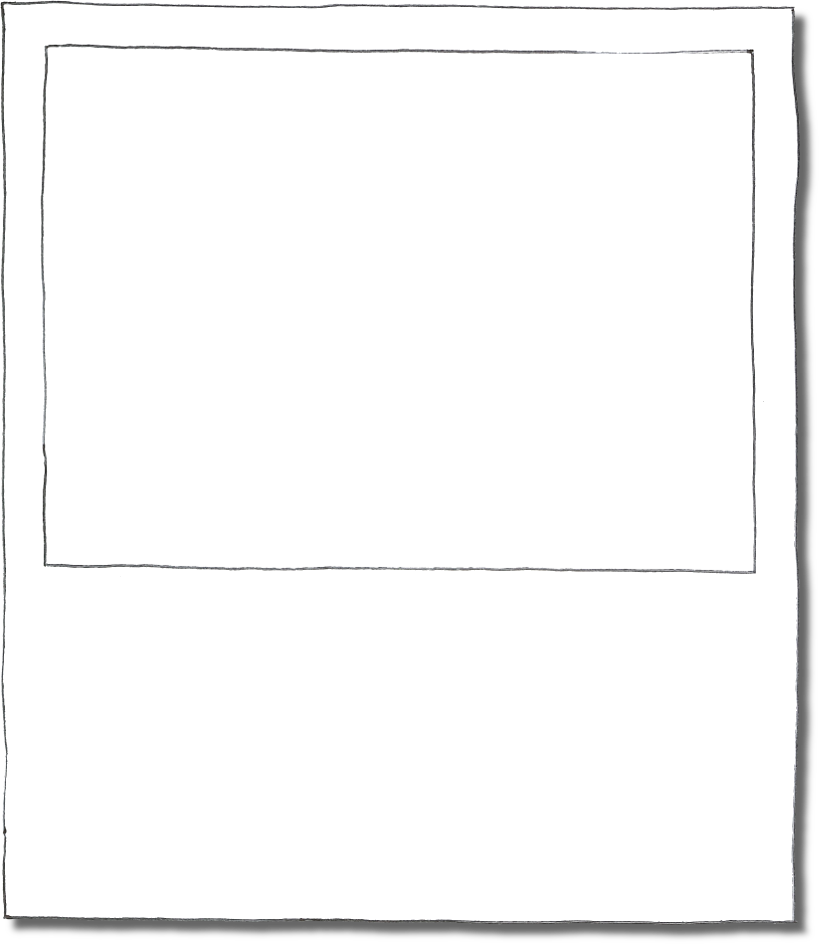Fun and easy science experiments for kids and adults.
Technology
An affordable maraca for those Latin nights. In this experiment you make a simple rhythm instrument.
| Gilla: | Dela: | |
Video

Materials
- 1 empty toilet paper roll
- Stapler
- Peas (or some other small things)
Step 1


Step 2


Step 3


Step 4


Short explanation
You have now made a maraca - a musical instrument used to create rhythms in Latin American music. The instrument consists of some kind of container with small things in it, which hit the maraca's inside when it's shaken.Long explanation
A maraca is traditionally made from a hard fruit (for example a coconut) which is emptied and then filled with, for example, dried beans or seeds. Then a handle is mounted, to make it easier to shake. Actually, you should have two maracas, preferably with different contents. If you have two maracas with different sounds, you can create more interesting rhythms, just as you do with two different drums in a drum set. Sound is waves in the air, which consist of alternating high pressure and low pressure areas of air moving in the direction away from the sound source. To create sound, you need to put the air in waves, which can be done, for example, by letting a speaker diaphragm strike the air. The human ear has the ability to detect these sound waves and convert them into nerve signals, and our brain can then interpret these nerve signals as sound. In the maraca, sound i created when the contents strike each other and the container. This in turn makes the air vibrate, which propagate through the room and reach our ears. In a maraca sound vibrations of very many different types are formed, i.e. the sound waves have different lengths. This makes the sound not sound like notes, but like noise.Test and improve
You have now built your first prototype. There are probably improvements to be made. In order to keep working on your design, try answering any of the following questions.- How does the sound change if you replace the peas with something else?
- How does the sound change if you replace the toilet paper roll with something else?
- How does the sound change if you use a larger or smaller container?
Variation
There are endless possibilities for what you can make a maraca out of, and thus what sound you can get. Suggestions for containers other than toilet paper rolls are plastic bottles, vitamin canisters, film canisters and the small yellow pods in Kinder Eggs. Suggestions for contents other than peas are rice, dried beans, macaroni, pearls, bird seeds, paper clips and stones.

| Gilla: | Dela: | |
Similar
Latest
Content of website
© The Experiment Archive. Fun and easy science experiments for kids and adults. In biology, chemistry, physics, earth science, astronomy, technology, fire, air and water. To do in preschool, school, after school and at home. Also science fair projects and a teacher's guide.
To the top
© The Experiment Archive. Fun and easy science experiments for kids and adults. In biology, chemistry, physics, earth science, astronomy, technology, fire, air and water. To do in preschool, school, after school and at home. Also science fair projects and a teacher's guide.
To the top

































































































































